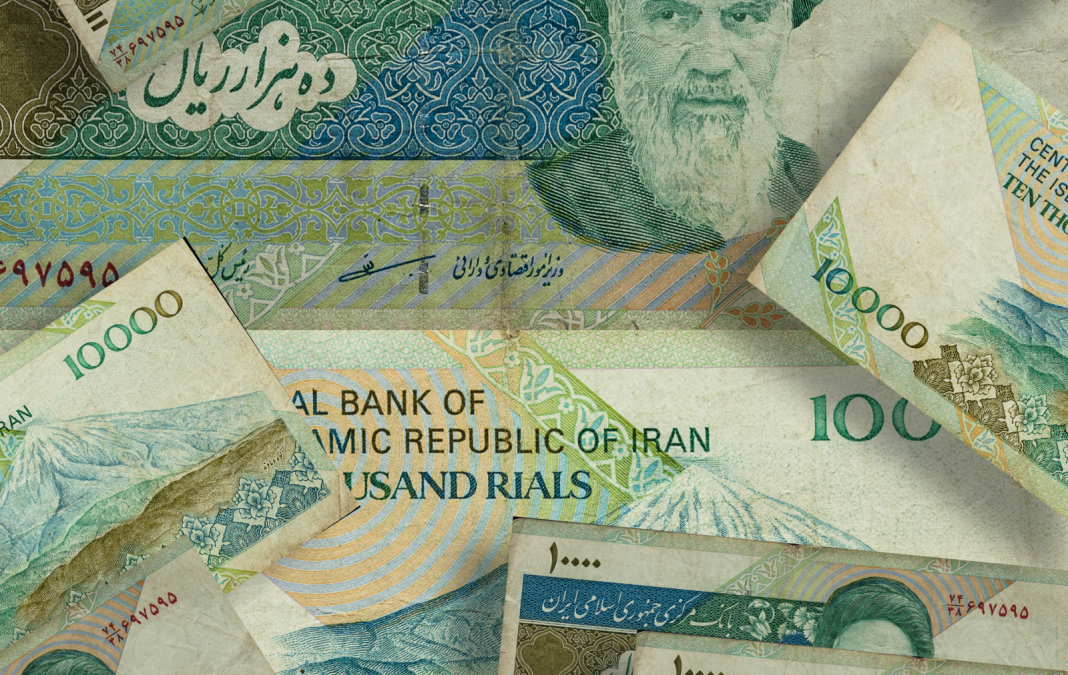The Iranian government has been conducting research into the economic and infrastructural aspects of preparing for bitcoin use in its country. According to the ministry of information technology, “arrangements are being made” to put together the infrastructure for the digital currency “as early as possible.”
Also read: Russia Picks Pilot City to Launch Two Cryptocurrency Agencies
Iran Preparing Infrastructure for Bitcoin Use
Iran’s Deputy Minister of Information and Communication Technology, Amir Hossein Davaee, reportedly said in an interview with Shargh newspaper last week:
The ministry of communications and information technology has already conducted a number of research studies as part of [its] efforts to prepare the infrastructure to use bitcoin inside the country.
He said that the cryptocurrency has two aspects, economic and infrastructural, adding that adopting it in Iran will end up being in the general interest of the country. “We, as the main centre in Iran dealing with the country’s technology developments, have taken very seriously the issue of preparing the infrastructure for the new currency,” he was quoted saying, noting that:
Arrangements are being made with the related organizations to put together the infrastructure as early as possible.
 Although the Iranian central bank deems commerce done with bitcoin “not legal,” which discourages local businesses from embracing the digital currency, there has been no law passed by the government so far specifically banning the use of bitcoin as a payment method. Meanwhile, the Iranian government has been working on proposed regulations for digital currencies. News.Bitcoin.com reported in June on draft proposals by Iran’s National Center of Cyberspace.
Although the Iranian central bank deems commerce done with bitcoin “not legal,” which discourages local businesses from embracing the digital currency, there has been no law passed by the government so far specifically banning the use of bitcoin as a payment method. Meanwhile, the Iranian government has been working on proposed regulations for digital currencies. News.Bitcoin.com reported in June on draft proposals by Iran’s National Center of Cyberspace.
Residents of Iran rely on Localbitcoins as well as Australian-based peer-to-peer marketplace Coinava which connects buyers and sellers in Iran without directly buying or selling bitcoins. Additionally, Iran’s Bitcoin group on Facebook is active with over 29,000 members at present.
How Bitcoin Affects Iranian Economy Currently

While many companies in Iran have used bitcoin, they fear the tax laws related to it and have refrained from revealing their identities, YJC news agency explained.
The publication asked Iranian economist Morteza Imani-Rad several questions regarding the impact of bitcoin on the country’s economy. He said, “this money is not legal in Iran and bitcoin transactions are not legal and legally unrecognizable, so we do not expect them to have any effect on the Iranian economy.” He also believed that the market cap of bitcoin was too small to facilitate buying and selling of international oil contracts.
 Citing that many websites offering information on Bitcoin are blocked by the country’s firewall, he reiterated that “Bitcoin cannot be easily installed in Iran and therefore cannot have an impact on the Iranian economy.” However, he noted that there are many international bitcoin dealers that provide service to Iranians through forex trading, even though “entering the forex trading market is not that easy” in Iran since it is “very restrictive.” He further asserted:
Citing that many websites offering information on Bitcoin are blocked by the country’s firewall, he reiterated that “Bitcoin cannot be easily installed in Iran and therefore cannot have an impact on the Iranian economy.” However, he noted that there are many international bitcoin dealers that provide service to Iranians through forex trading, even though “entering the forex trading market is not that easy” in Iran since it is “very restrictive.” He further asserted:
Bitcoin is ongoing and may become more common. If this happens, then the government may be forced to use this money, especially as the money transfer through banks for Iran, if it remains a part of the sanctions.
Do you think the government of Iran will go through with its plans for bitcoin use in the country? Let us know in the comments section below.
Images courtesy of Shutterstock and Financial Tribune.
Need to calculate your bitcoin holdings? Check our tools section.














